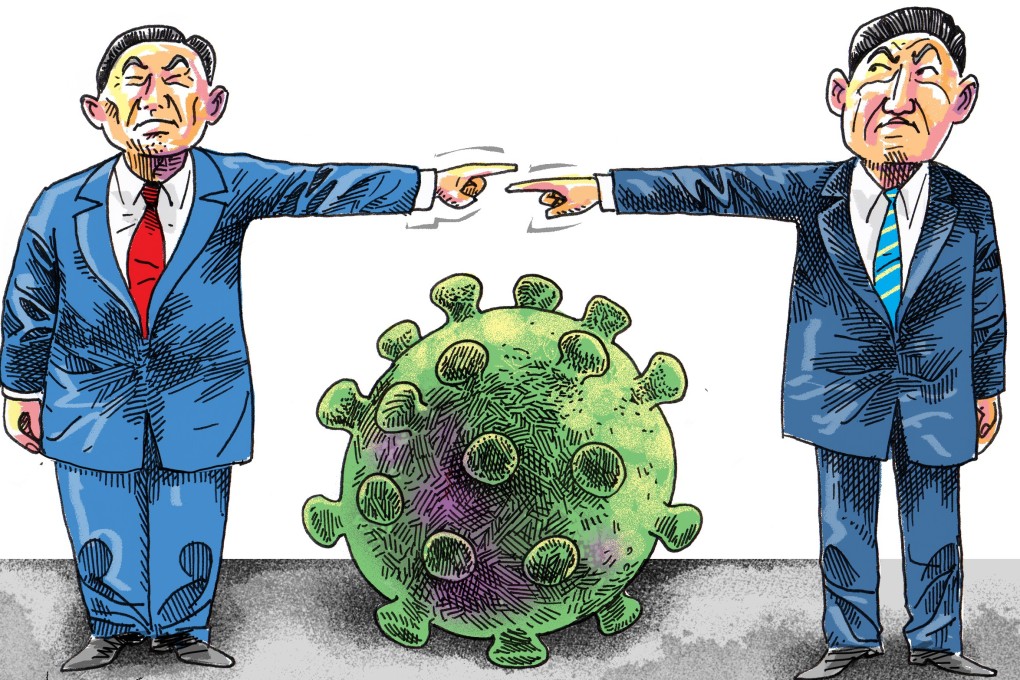Advertisement
Opinion | Coronavirus is testing the limits of China’s – and Hong Kong’s – preparedness
- Mounting criticism of Beijing’s response to the outbreak and depictions of life in a society under lockdown puncture the image of China’s efficient, tech-invested regime
- In Hong Kong, the crisis is exposing the fault lines of a divided city: governance failures and a demoralised people
Reading Time:3 minutes
Why you can trust SCMP

International views on China’s response to the coronavirus outbreak in Wuhan have been divided, but in recent days criticism has become more strident. On his return from meetings in Beijing a week ago, the director general of the World Health Organisation, Tedros Adhanom Ghebreyesus, commended China’s “extraordinary” response, telling reporters how “very impressed and encouraged” he was by the handling of the epidemic.
An editorial in The Lancet praised the Chinese authorities, applauding the country’s efficient reporting and containment interventions: “The lessons from the Sars epidemic – where China was insufficiently prepared to implement infection control practices – have been successfully learned.”
As the crisis deepens, however, and international borders harden, approbation is giving way to censure. Many commentators are now pointing the finger at China’s confused response, noting the critical time wasted in the early stages of the outbreak.
Advertisement
Officials are accused of suppressing critical information and instigating a police crackdown on unhelpful “rumour-mongering”. It is now clear that human-to-human transmission of the virus was known to be taking place as early as mid-December, although this was only confirmed by authorities on January 20.

This growing international reproof has converged with frustration on the part of anxious Chinese citizens now experiencing full lockdown. In fast-deleted posts on China’s social media, scientists and officials have been lambasted.
Advertisement
Advertisement
Select Voice
Select Speed
1.00x
